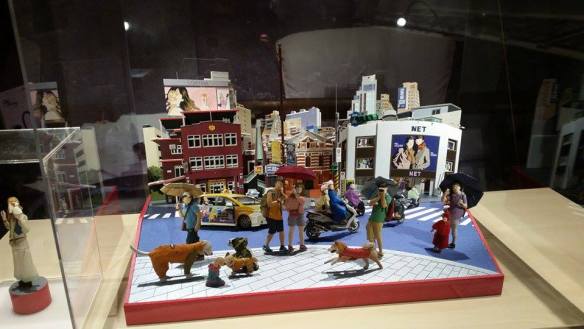I didn’t realize how developed the Scientology infrastructure is in Taiwan, but got this familiar looking leaflet through the door asking me if I wanted a free stress test:
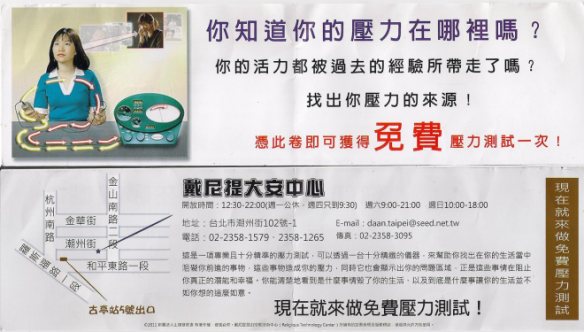
It reads:
Do you know where your stress is?
Is your vitality being drained by past experiences?
Find the source of your stress!
With this voucher you can get a free stress test!
Dianetics Daan Center
This is a professional and very accurate stress test, which uses a refined piece of equipment to help you find what is holding you back in life, the things that are causing you stress, it will also show up your problem areas, that are holding you back from your true potential and happiness. You’ll be able to see clearly what it is that is destroying your life and holding you back from your heart’s desires.
Come now and get a free stress test!
Scientology is called 山達基 in Chinese and their website is here. I’ve been watching some shows on Scientology on the Media Mayhem Youtube channel:
https://www.youtube.com/watch?v=EIQaaowQ0PM
Makes for pretty scary watching.
I’ve searched the Taiwanese media, but there seems to be largely positive coverage of local branches of Scientology in the news, mentioning their voluntary work.
I could not find any specific negative references to Scientology within Taiwan, only reportage on the controversy in the US:
- A film attacking Scientology about to be released in the US is discussed in this article by Storm Media, which describes the group as a “highly controversial religion”. It also refers to some of the controversies specifically but doesn’t mention Taiwanese Scientologists at all.
There was also a reference in this Australian news article talking of Australian Scientology using Taiwan as a recruiting ground.
There does seem to be some resistance to Scientology in Taiwan and the Chinese-language blogosphere though, like this anti-Scientology Twitter feed, which seems to trace back to this blog. There is also this blog which has a strident anti-Scientology message.
I would be interested if anyone has found any (preferably more in depth) articles written on Scientology in Taiwan, let me know in the comments section.
In case it was not clear already – this is not an endorsement.
UPDATE (2016/8/1): An article critical of Scientology in Taiwan which cites an ex-Scientologist was recently published in the Atlantic.
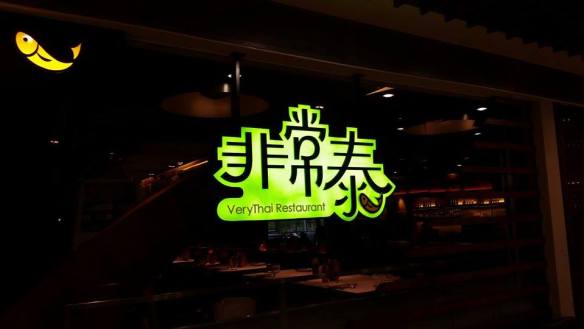

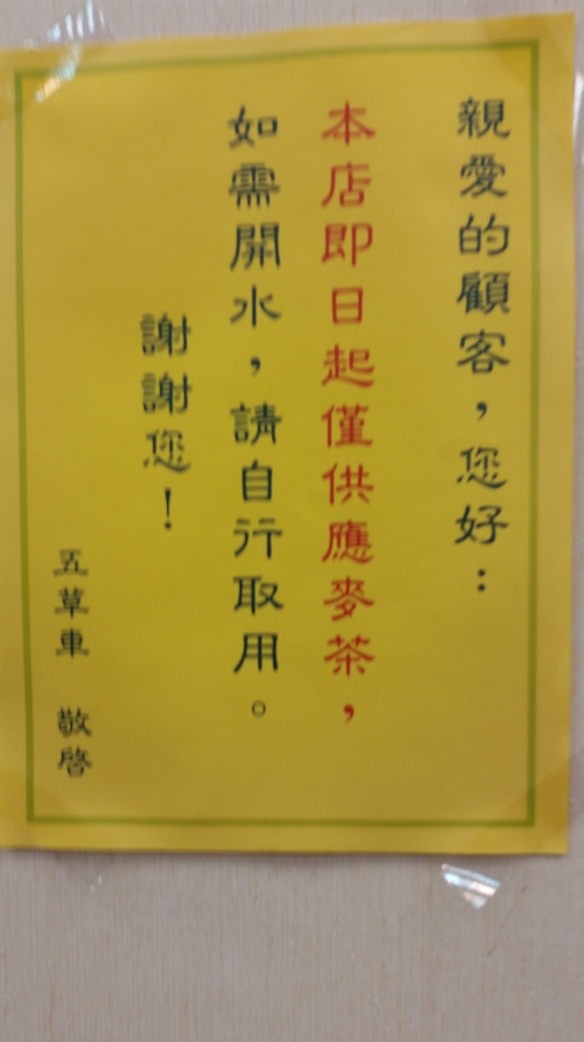
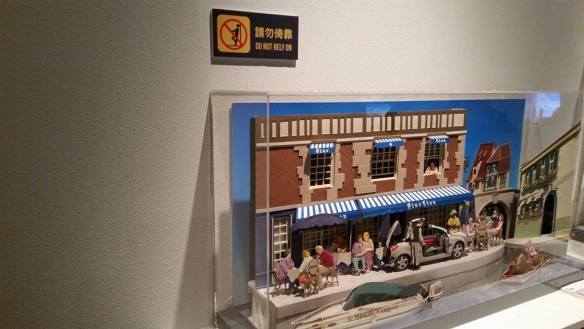
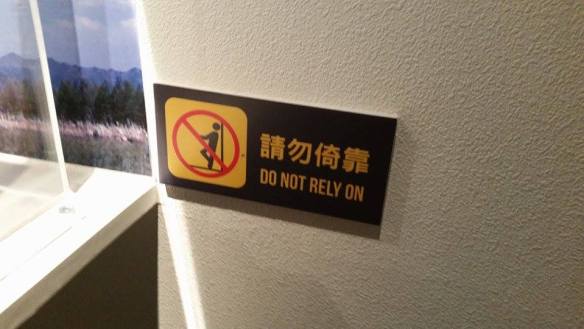 Although I’ve tired slightly of all but the most bizarre Chinglish signage, I thought this one was of note because it can be read as a covert injunction to aspiring paper artists everywhere – “Don’t rely on this kind of work, man.”
Although I’ve tired slightly of all but the most bizarre Chinglish signage, I thought this one was of note because it can be read as a covert injunction to aspiring paper artists everywhere – “Don’t rely on this kind of work, man.”